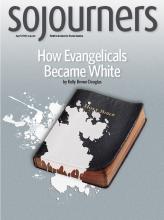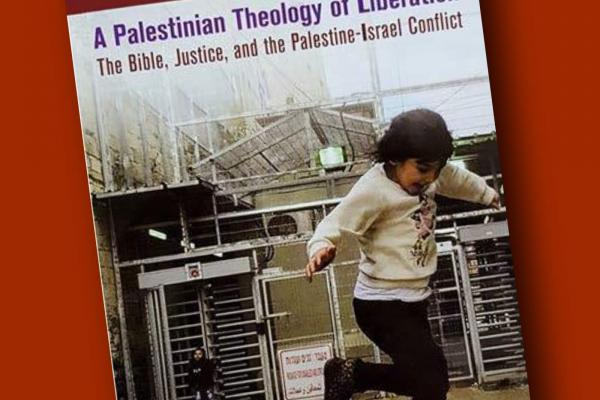SOME YEARS AGO, I convened a trip to the so-called Holy Land. It was not a trip about “walking where Jesus walked,” although we did a lot of that. It was a trip to discover facts on the ground in the Israel-Palestine conflict and to meet Jewish, Muslim, and Christian peacemakers in the region. Our band of 20 or so was led by organizers Jeff and Janet Wright, passionate Christians who love the land and all its people.
Nearly everyone on the trip had a breakdown moment, when the tragedy of Israel-Palestine overwhelmed them. My wife, Grace, described a sudden feeling that she had spent her whole life in a totalitarian regime and that “what I thought of as news had really been propaganda all along.” The reality of Israel-Palestine was so different from what she had heard both in the Christian community and in the mass media that she was deeply shaken. We all felt that our trip had exposed so much of the so-called news we had heard from Israel-Palestine as prejudiced, one-sided, and intended to conceal more than reveal.
A trip highlight was a visit to the offices of Sabeel, the headquarters of Palestinian liberation theology, and a meeting with its founder Naim Ateek, a theological hero I’d admired from afar. What Desmond Tutu is to South African theology and Martin Luther King Jr. and James Cone are to North American black theology, Ateek is to Palestinian and Middle Eastern theology. I have since been honored to be an ally in the important work of Sabeel.
Ateek has written a definitive introduction to his work. A Palestinian Theology of Liberation will be especially helpful to three groups of people in the U.S.
Read the Full Article

